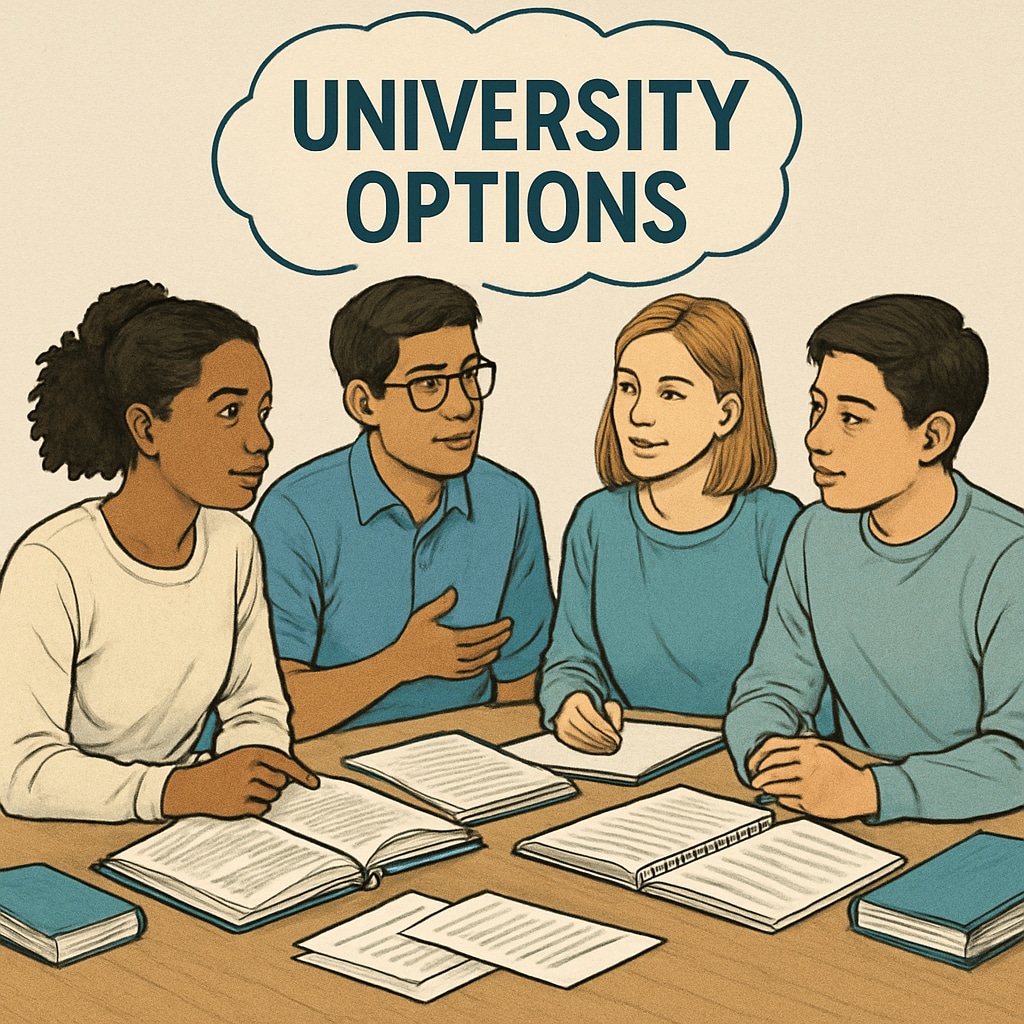Receiving disappointing A-level results can be a tough moment, but it’s crucial to remember that your academic journey isn’t over—it’s just taking a different route. Whether your grades didn’t meet university entry requirements or you’re reconsidering your career options, there are plenty of paths forward. In this article, we’ll explore three key alternatives, including foundation year courses, vocational qualifications, and international study opportunities, to help students and parents navigate this critical decision-making phase.

Foundation Year Courses: A Stepping Stone to University
For students whose A-level results fell short of standard entry requirements, foundation year courses (pre-degree programs designed to prepare students for university-level study) offer an excellent solution. These programs are typically a year long and focus on bridging academic gaps while providing tailored support in specific subject areas. Many universities in the UK and abroad accept students into full degree programs upon successful completion of a foundation year.
Foundation courses not only improve academic skills but also help students adjust to the demands of university life. For example, institutions such as Oxford Brookes University and University of Sussex offer foundation programs in fields ranging from business to engineering, ensuring a tailored approach to individual aspirations.
Vocational Qualifications: A Practical Pathway
Vocational qualifications, such as BTECs or NVQs, provide an alternative for students looking for hands-on experience and career-specific training. These programs focus on practical skills and knowledge, making them ideal for fields like healthcare, technology, or creative industries. Unlike traditional university degrees, vocational courses often lead directly to job opportunities or apprenticeships, offering a faster route into professional life.
In addition, vocational qualifications can later be converted into university degrees through credit transfer programs, enabling flexible educational advancement. For students who thrive in practical settings, this option is particularly appealing.

Studying Abroad: Expanding Horizons
If your A-level results don’t meet UK university standards, consider looking beyond national borders. Many international universities offer more flexible entry requirements while providing world-class education. Countries like Australia, Canada, and the United States are popular destinations for students seeking alternative educational opportunities. Moreover, studying abroad can enhance intercultural communication skills and broaden career prospects.
Before pursuing this path, research thoroughly about visa requirements, tuition fees, and scholarship options. Universities such as the University of Toronto and University of Sydney are known for their accessible programs and global recognition.
Final Thoughts: Turning Setbacks into Opportunities
While disappointing A-level results may feel like a setback, they often pave the way for new opportunities. Foundation year courses, vocational qualifications, and studying abroad are just a few of the diverse pathways available to students who are ready to explore alternatives. Remember, success isn’t defined by a single exam result—it’s about finding the right path for your unique goals and talents.
Readability guidance: Use clear, concise language to break down complex ideas into actionable advice. Incorporate short sentences and at least one list under each H2 to enhance clarity. Transition words such as “however,” “therefore,” and “for example” ensure smooth flow between sections.


